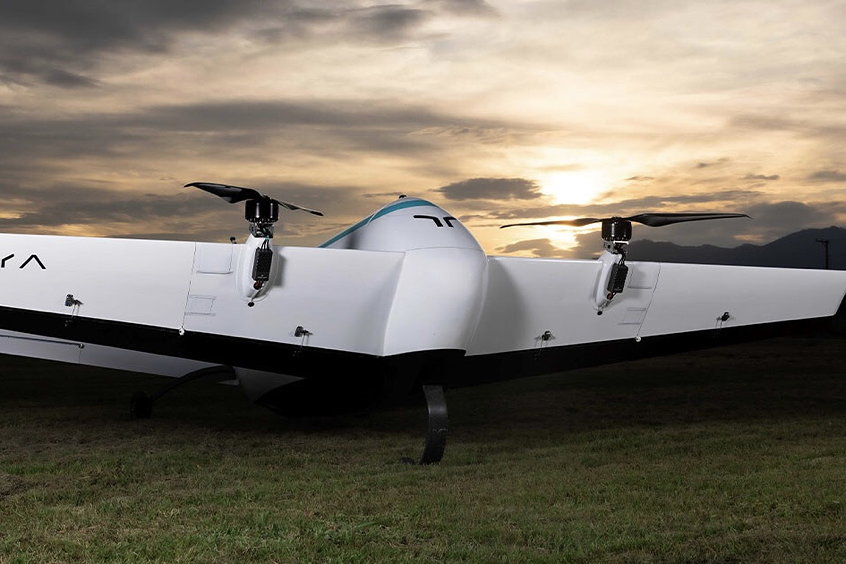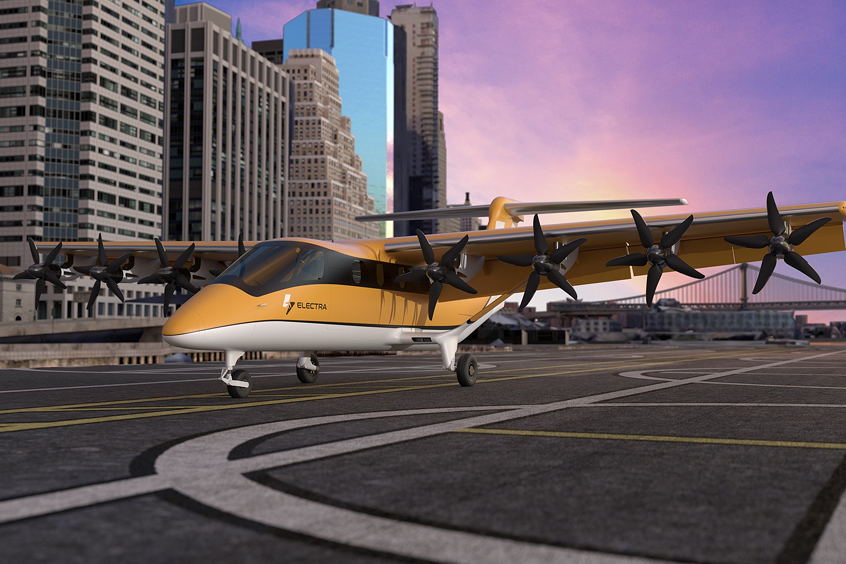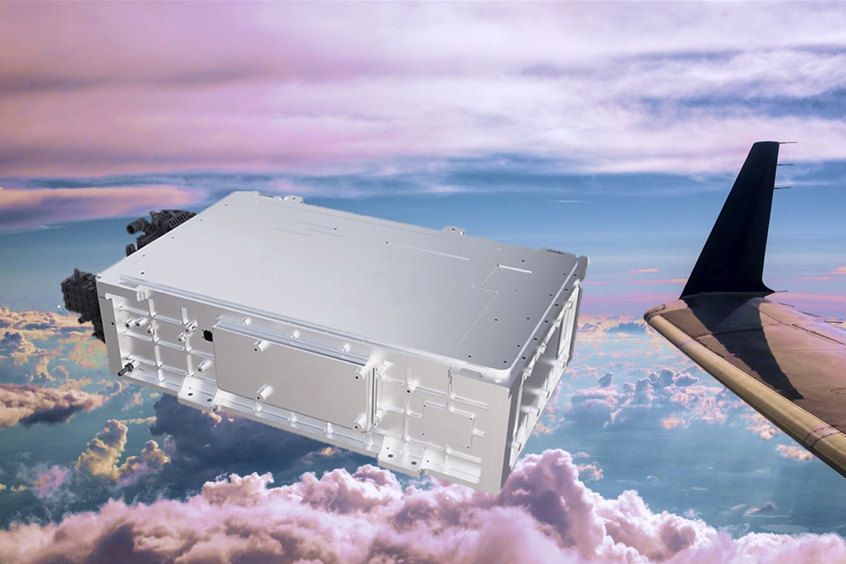The first production helicopter Mi-171A2 has taken a test flight at the Ulan-Ude Aviation Plant owned by the Russian Helicopters Holding Company (part of Rostec). The first multirole Mi-171A2 will be delivered to UTair-Helicopter Services for experimental operation in polar regions.
Mi-171A2 has become the first Russian helicopter created with the use of advanced digital technologies and put into production. The partial transition to electronic design documentation allowed the company to cut time and resources needed for work preparation. Parts making on numerical control machines with the use of mathematical models has cut the process time and guaranteed the accuracy of manufacturing and saving of materials.
"It's not just an upgraded helicopter. It's a brand new machine, with advanced digital technologies on board and entirely different performance characteristics. I'm sure that this development is going to find the broad demand on both domestic and foreign markets – the helicopter is a full-fledged competitor of world-class counterparts in the most popular segment of multirole machines. Potential buyers first of all include the countries using its predecessors – Mi-8/17. Now we are negotiating the certification of Mi-171A2 in Latin America. Some interest is also being taken by Asian, African, former Soviet Union countries," said Rostec CEO Sergey Chemezov.
There are about 80 modifications in the Mi-171A2 design. The helicopter is equipped with the VK-2500PS-03 engines with the digital control system. The helicopter has a more effective X-type antitorque rotor and a new main rotor with all-composite blades with the improved airfoil shape. Thus, due to aerodynamics alone, the thrust of the Mi-171A2 main rotor increased by more than 700 kg, which had a positive impact on the helicopter's performance.
With a view to guarantee the safe operation of Mi-171A2 in the future, it is planned to organize training of flight engineers working for Russian and foreign operators. The certified training center of the Ulan-Ude Aviation Plant is now creating the respective resource base – visual aids, stands, posters, models. In prospect, it is planned to commission a Mi-171A2 simulator on partially movable platform for training of flight personnel.
Cruise and maximum speed indicators of Mi-171A2 have increased by 10% relating to production helicopters Mi-8/17. The helicopter may be effectively used around the clock, in highland conditions, at low and high temperatures, high humidity and overwater.
The digital avionics set KBO-17 ("glass cabin"), including the navigation instrumentation and the system of general helicopter equipment with display data indication, allowed the company to reduce the crew to only two people. The cabin ergonomics have also changed due to redistribution of flight engineer functions to commander and co-pilot. Video cameras have increased the flight safety by improving the vision of external environment, including rear and lower hemispheres.
In August 2017, the helicopter was certified by the Federal Air Transport Agency of the Russian Federation according to Category A providing for meeting the most stringent requirements to flight safety specified for civilian helicopters.
| Contact details from our directory: | |
| Russian Helicopters, JSC | Final Assembly, Engineering Design Services |
| Ulan Ude Aviation Plant Joint Stock Company | Airframer |
| National Centre for Helicopter Engineering, MIL | Airframer |
| Related aircraft programs: |
| MIL Mi-17/171 |
Weekly news by email:
See the latest Bulletin, and sign up free‑of‑charge for future editions.

Altair collaborates with aerospace startup Moya Aero to develop eVTOLs

Electra reveals design for EL9 hybrid-electric aircraft
Piper Aircraft achieves AS9100 certification
